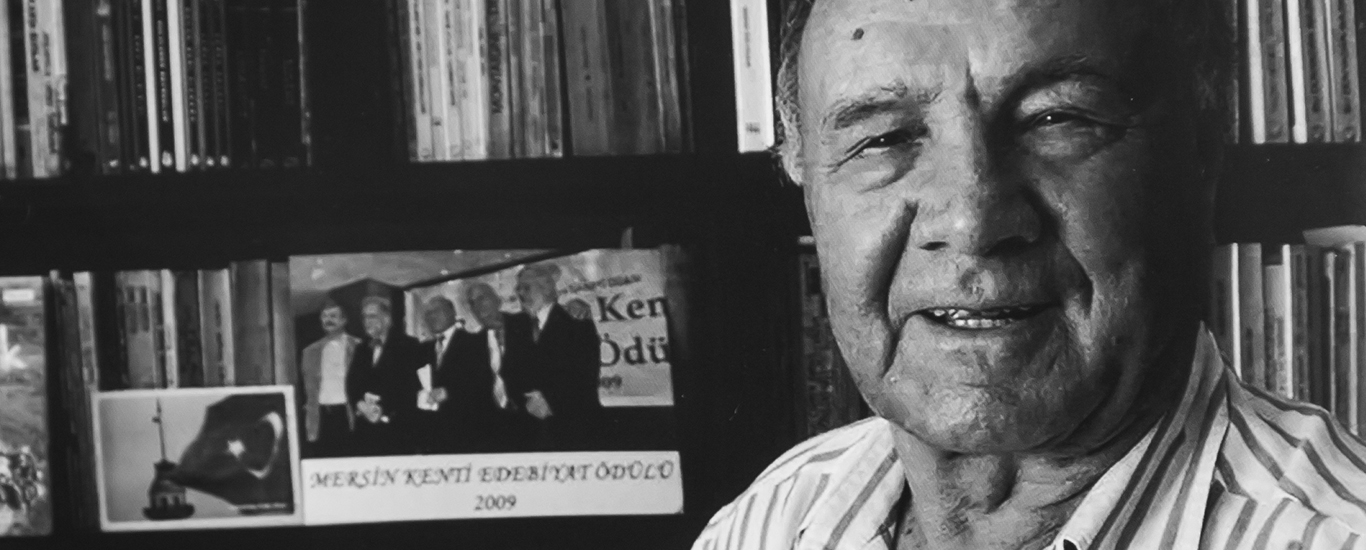Hailed by Hasan Hüseyin Yalvaç as “Turkey’s Chinghiz Aitmatov,” and Tahsin Yücel as “one of our authentic storytellers who enrich our literature,” Osman Şahin, who is the most-adapted author in Turkish cinema, was born in Aslanköy, Mersin in 1940. He first attended Dicle Village Institute and then in 1958 studied at Gazi Institution of Education in Ankara. He minored in music and then became a physical education teacher. As a PE teacher he worked at Malatya High School between 1961-1967 and then in Izmit between 1967-1974. After serving 22 years as a teacher, he was forced to retirement under Article 1402 following the coup d’état in 1980. He was sentenced to 18 months in prison because of a novel review he penned. He started writing short stories in 1965. His first short story collection The Red Wind won the TRT Short Story Grand Prix in 1970 which caught Yılmaz Güney’s attention and thus his connection with cinema began. 23 films were made adapting his works including original stories written for the big screen. Yılmaz Güney once told him: “You don’t even know it, but you’re a filmmaker through and through.” His collaborations with many esteemed directors, notably Bilge Olgaç, resulted in very special films, including Kızgın Toprak (1973, Feyzi Tuna), Kibar Feyzo (1978, Atıf Yılmaz), Adak (1979, Atıf Yılmaz), Derman (1983, Şerif Gören), Ayna / The Mirror (1984, Erden Kıral), İpekçe / Silky (1987, Bilge Olgaç), Kurşun Adres Sormaz (1992, Bilge Olgaç), Avcı (1997, Erden Kıral). Şahin once said, “I consider myself worthy of Lütfi Ö. Akad and Yılmaz Güney’s sensibilities in cinema,” and the films he gave life to attended over 60 film festivals and won 35 awards.









